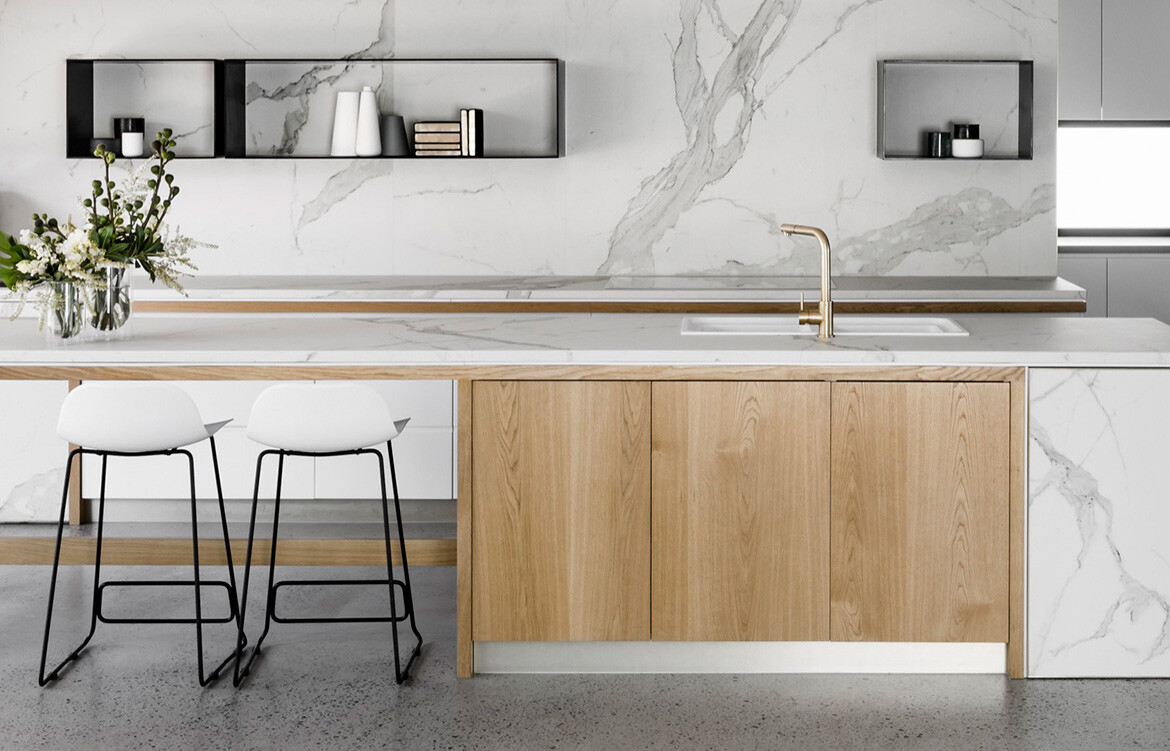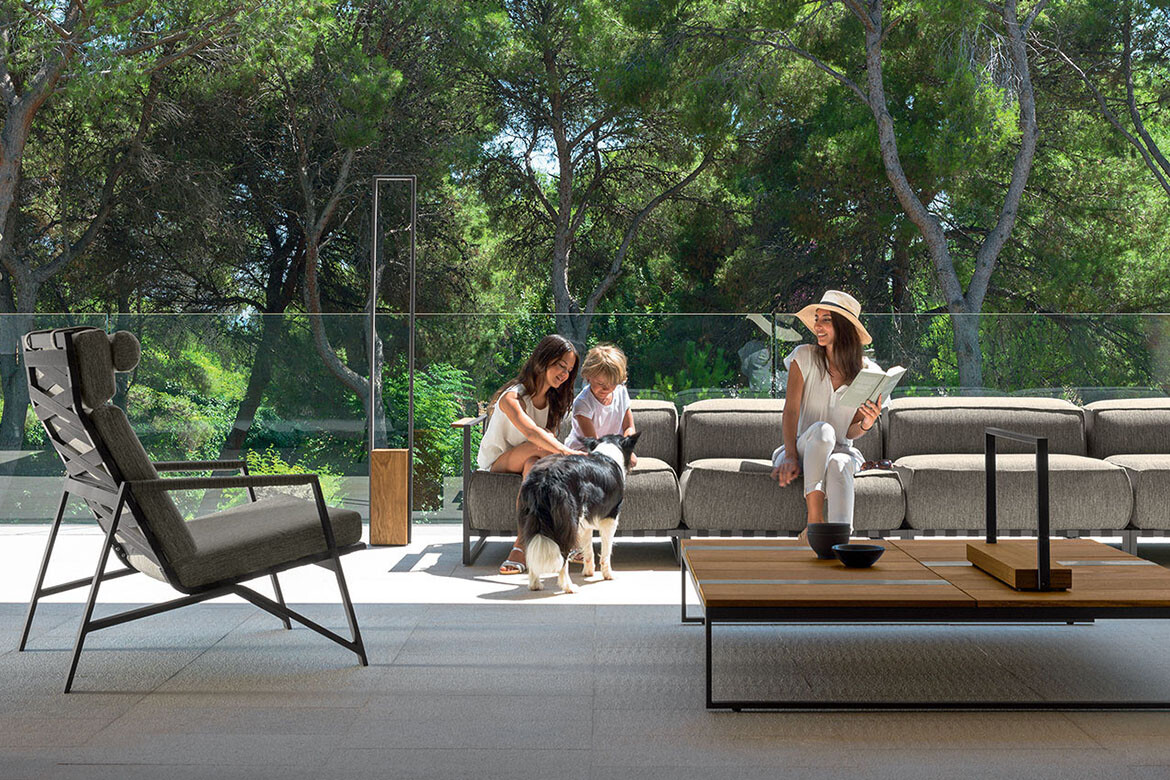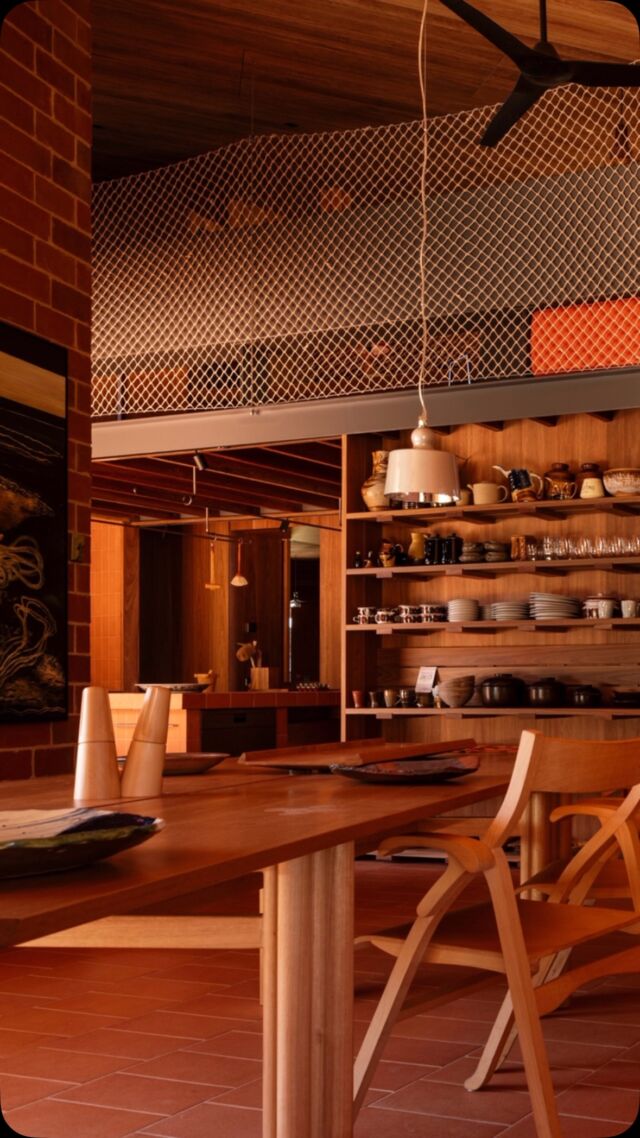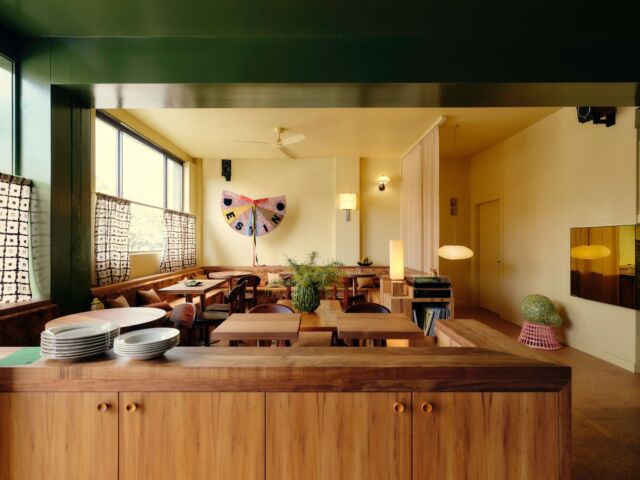Drowned river valleys characterise Sydney’s North Shore. They have created impressive ridges which, in early days, posed problems for getting from one place to another. The idiosyncratic Long Gully Bridge linking Cammeray and Northbridge was built in 1892 and helped link the lower and middle North Shore. But the Harbour Bridge itself was not opened until 1932, so getting to these suburbs before then involved ferries and long car journeys.
Still, some of Sydney’s most notable domestic architecture is found on the North Shore, with the suburb of Castlecrag offering the most concentrated snapshot of the city’s architectural history.
Castlecrag began with Walter Burley Griffin, who started designing 50 houses there in 1921 as part of a visionary development. At that time, the ridge which makes up the suburb was scrubby. Now it is almost tropical in its lushness – a transformation engineered by Griffin whose vision was for a garden suburb, but one which responded to the topography and native vegetation.
Griffin designed a suburb which has an organic unity. The roads follow the contours (rather than the typical grid), linking walkways, even a communal outdoor amphitheatre where the residents could get together.
In the end, only 16 houses were built. But these can still be easily seen from the street, most notably the Fishwick house which has been beautifully restored and subtly transformed internally into a contemporary home.
Fishwick House
The narrow peninsula of Castlecrag is easily walkable – following Edinburgh Road with short diversions on either side, mainly on the south where the curving roads still bear Griffin’s quaint names – The Bulwark, The Citadel, The Rampart etc.
Inspired by Griffin, later architects have also built notable houses in Castlecrag. Peter Muller, for example, has designed three houses there – the Gunning House (1960, 369 Edinburgh Road), the Patrick House (1961, The Scarp) and the McArthur House (1965, Tor Walk). A little further along Edinburgh Road on the left is a fine Alex Popov compound house which is hard to see from the road, but a small pubic reserve runs down the side which gives a better view.
Right the bottom of Edinburgh Road there is also a Donovan Hill house. But probably the most talked about house is the Buhrich House. It is just as you get to the bottom of the road at 375 Edinburgh Road. A public right-of-way runs down the side of the house to the water. So, you can see the house from front, side and from the bottom near the water looking back up. This small, but revolutionary house (built between 1968 and 1972), changed the way architects thought about house design, especially on the North Shore.
Buhrich House
Pick up a copy of Habitus 17, available September 19, to explore a 1973 house in Castlecrag by Andre Porebski.
















